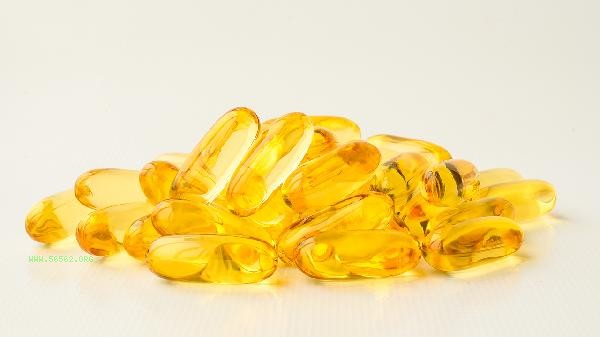Fish oil and algal DHA have their own advantages in improving memory. Fish oil is suitable for people who lack deep-sea fish in their diet, while algal DHA is more suitable for vegetarians or those who are allergic to fish. Both contain Omega-3 fatty acids that promote brain health, but their sources and target populations are different.

Fish oil DHA is extracted from deep-sea fish and contains two active ingredients, EPA and DHA. EPA helps with anti-inflammatory effects, while DHA directly participates in the formation of brain cell membranes. Long term moderate supplementation may improve cognitive function, especially for middle-aged and elderly people with memory loss. However, there may be a risk of heavy metal residue in fish oil, and high-purity products should be selected. Algae oil DHA is directly extracted from microalgae and does not contain EPA, but DHA has higher purity and no pollution concerns. Its molecular structure is more in line with human needs, and it has a significant protective effect on children's brain development and adult neuroprotection. Clinical studies have shown that the bioavailability of algal oil DHA is slightly better than that of fish oil. From the perspective of absorption efficiency, algal oil DHA increases blood concentration faster after a single supplementation due to the absence of EPA interference. The EPA in fish oil may dilute the concentration of DHA, but the synergistic protection of EPA on cardiovascular health cannot be ignored. Algae oil is safer for seafood allergy sufferers, while fish oil may be more suitable for individuals with abnormal blood lipids. Both require continuous supplementation to show results, and it is difficult to observe significant differences in short-term use. Excessive intake may cause gastrointestinal discomfort or abnormal coagulation function, and it is recommended to control the daily dose within a safe range. Improving memory requires a combination of multiple nutrients. It is recommended to consume eggs rich in lecithin and berries rich in antioxidants together. Regular aerobic exercise such as brisk walking and swimming can enhance the absorption and utilization of DHA, and ensuring sufficient sleep every day can also help consolidate memory. When choosing supplements, one should decide based on their own dietary structure and health condition, and if necessary, consult a nutritionist for personalized matching. Long term brain users should also pay attention to intermittent rest and cognitive training, as relying solely on supplements has limited effectiveness.










Comments (0)
Leave a Comment
No comments yet
Be the first to share your thoughts!